Tag: political science
-

Patrick James, University of California Dornsife – What Iraq Can Teach Us About the War in Ukraine
What can the Iraq war tell us about Ukraine from a U.S. perspective? Patrick James, Dana and David Dornsife Dean’s Professor of International Relations, University of Southern California, considers both entanglements. Among his honors and awards are the Louise Dyer Peace Fellowship from the Hoover Institution at Stanford University, Eccles Professor of the British Library,…
-
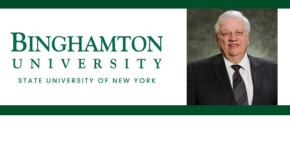
David Cingranelli, Binghamton University – The Need for National Human Rights Report Cards
Students get report cards; maybe countries should as well. David Cingranelli, professor of political science at Binghamton University, explains why. David Cingranelli is a Professor of Political Science. He has written widely on human rights, democracy, and governance. His 2007 book with Rodwan Abouharb, Human Rights and Structural Adjustment, (Cambridge University Press) demonstrated the negative…
-
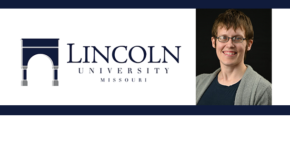
Elizabeth Dorssom, Lincoln University of Missouri – Why Do Legislatures Use Sunset Provisions?
Why do legislatures use sunset provisions? Elizabeth Dorssom, assistant professor of political science at Lincoln University of Missouri, delves into this question. Dr. Elizabeth Dorssom is an Assistant Professor of Political Science at Lincoln University of Missouri. Dr. Dorssom’s research focuses on the impact of resources on politics and policy. Specifically, I am interested in…
-
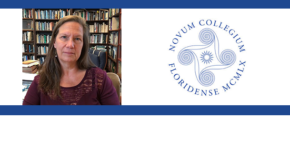
Miriam Wallace, New College of Florida – Free Speech and the 1780s Elocution Movement
Exercising rights can be key to a healthy society. Miriam Wallace, professor of English and gender studies at New College of Florida, explores why. Miriam L. Wallace is Professor of English and Gender Studies at New College of Florida where she has taught English literature from 1660 forward since 1995. She is the author of…
-
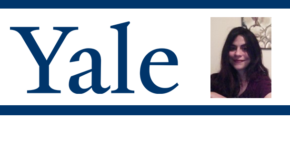
Dawn Brancati, Yale University – Locking Down ISIS
The COVID lockdowns may have had unintended benefits. Dawn Brancati, senior lecturer in the political science department at Yale University, looks into one. Senior Lecturer in the political science department at Yale University, who studies peacebuilding, especially in relation to democracy and democratic institutions. Locking Down ISIS At the outset of the COVID-19 pandemic, non-state…
-
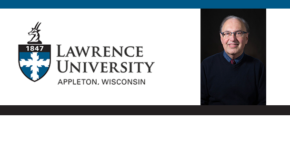
Jerald Podair, Lawrence University – When History Rhymes
Being a sore loser in a presidential race has historical precedent. Jerald Podair, professor of history at Lawrence University, explains. Jerald Podair is Professor of History and Robert S. French Professor of American Studies Emeritus at Lawrence University. He is the author of The Strike That Changed New York: Blacks, Whites, and the Ocean Hill…
-
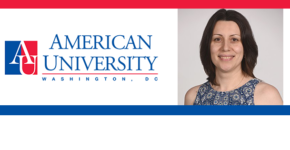
Anna Amirkhanyan, American University – An International Experimental Study of Citizens Perceptions of Government Responses to COVID-19
Lockdowns during COVID-19 have been handled differently by governments around the world. Anna Amirkhanyan, professor of public administration and policy at American University, explores the effect on different populations. Anna Amirkhanyan is a professor of public administration and policy at American University. Her research focuses on public and nonprofit management, organizational performance, public-private differences, and…
-
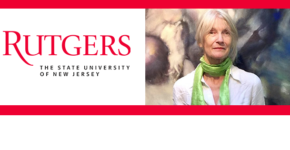
Rachel Hadas, Rutgers University – Polarization: Then and Now
The ancient past can show us similarities to the polarized times of today. Rachel Hadas, board of governor’s professor of English at Rutgers University, examines what we can learn from thousands of years ago. Rachel Hadas is Board of Governor’s professor at Rutgers-University Newark, where she taught English for many years. Among her specialties were…
-
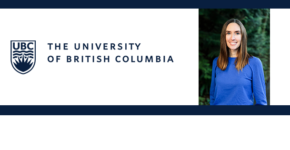
Emily Huddart Kennedy, University of British Columbia – We Can’t Stop Climate Change by Hating Each Other
Coming together is crucial to fighting climate change. Emily Huddart Kennedy, associate professor and associate head in the department of sociology at the University of British Columbia, exposes how stereotypes keep us apart. Emily Huddart Kennedy is Associate Professor and Associate Head in the Department of Sociology at UBC and the author of the recently…
-
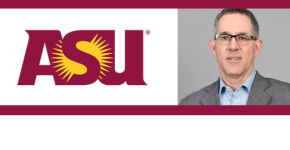
Victor Peskin, Arizona State University – The Politics of Prosecuting Putin
What would make the U.S. government hesitant to prosecute Vladimir Putin? Victor Peskin, associate professor in the school of politics and global studies at Arizona State University, looks into this question. Victor Peskin’s teaching and scholarship lie at the intersection of international law, international relations, and comparative politics. Peskin is the author of International Justice…